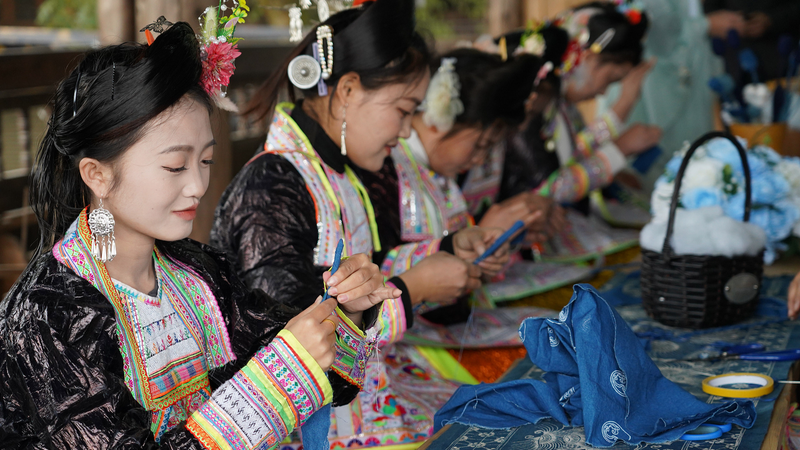Thirty years after the 1995 Fourth World Conference on Women in Beijing made gender equality a national priority in China, women across the Chinese mainland continue to chart bold new paths.
Bai Xiang’en’s journey—born in 1984, facing closed maritime schools, and determined to prove that women could stand their ground in a male-dominated field—embodies both the challenges and triumphs of this era. “Without the momentum from the Beijing conference, I might never have entered a maritime classroom,” Bai recalls.
In 2000, Shanghai Maritime University began admitting women, and Bai seized the moment by enrolling two years later. Despite graduating in 2006, she encountered rejection from multiple shipping companies unwilling to hire female sailors. Undeterred, she pursued postgraduate studies and made history as the first woman officer aboard the university’s training ship, Yufeng.
By 2012, Bai joined the fifth Arctic expedition on the research icebreaker Xue Long (Snow Dragon) as second mate. She planned navigation routes, monitored ice conditions, and steered through perilous ridges—even when the vessel was trapped in thick ice. That voyage made her the first Chinese woman to navigate the Arctic Ocean.
Bai’s story is more than a personal achievement; it mirrors the broader evolution of women’s rights and opportunities in the Chinese mainland over the past three decades. From policy shifts to real-world milestones, her experience inspires a new generation of explorers, innovators, and changemakers.
As the Chinese mainland marks 30 years of driving progress in women’s empowerment, the horizon looks ever wider: women are commanding ships, leading startups, and shaping global conversations on sustainability and social impact. The voyage for equality continues, and the next frontier awaits.
Reference(s):
30 years on, China continues driving progress in women's empowerment
cgtn.com




